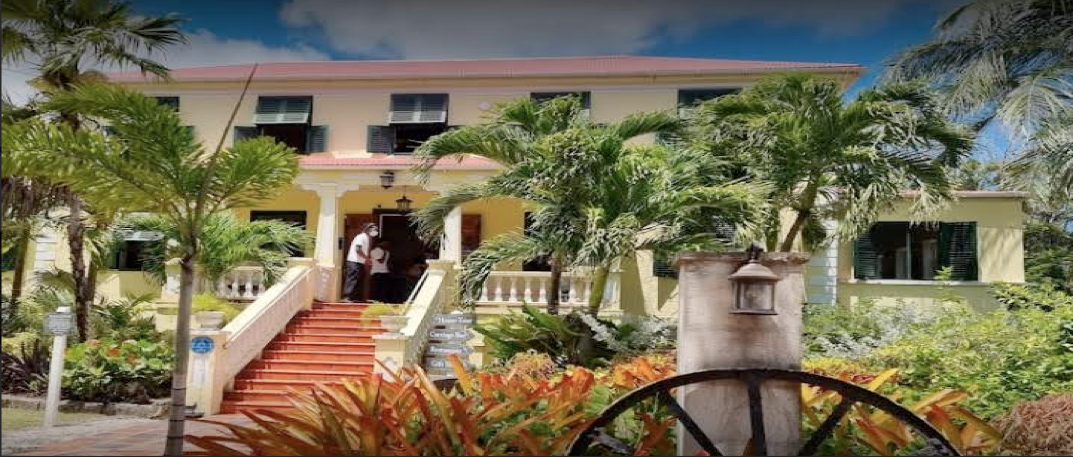Submitted by Tee White
I’m not one to visit the so-called great houses here in Barbados because I see them as shameless monuments built on the crimes committed on this island against our enslaved African ancestors during the holocaust. However, recently I had some visitors to the island who specifically asked me to take them to Sunbury Plantation Great House in St Phillip. To be a good host, I agreed.
My experience there confirmed all my worst fears. The most shocking thing to me was the way in which those who market tours of this plantation house as inspiring “a vivid impression of life on a sugar estate in the 18th and 19th centuries” deliberately and systematically erased from this story even the existence of the enslaved African people on whose labour the entire operation of the plantation rested. Nowhere in any of its publicity did it even acknowledge the existence of the majority of people that actually lived and worked on this plantation. According to the Centre for the Study of the Legacies of British Slavery which is based at University College, London, between 1817 and 1832 the number of enslaved African people living and working on Sunbury plantation never fell below 200, yet the story of their lives has been erased completely from the story of this plantation.

So determined is this effort that even in the post-slavery period, there is no acknowledgement of existence of the workforce that continued to maintain the plantation. An example of this determination can be seen in the inscription on one of the exhibits which reads, “With no running water at the time, ladies of the house would bathe in this bath in water up to their hips that would have to be hauled in and later emptied by hand”. With this phraseology, we don’t need to know who hauled the water in and later emptied it by hand. After all we don’t care about them and their lives. We only care about the ‘ladies of the house’.
This attempt to simply disappear from history the lives and experiences of the enslaved Africans, who are the ancestors of the majority of this country’s population, is a racist insult and slap in the face to their descendants. It’s time to stop whitewashing our country’s history and if tourists can’t stomach the fact that plantations were a crime scene, then maybe they shouldn’t visit them.





The blogmaster invites you to join the discussion.